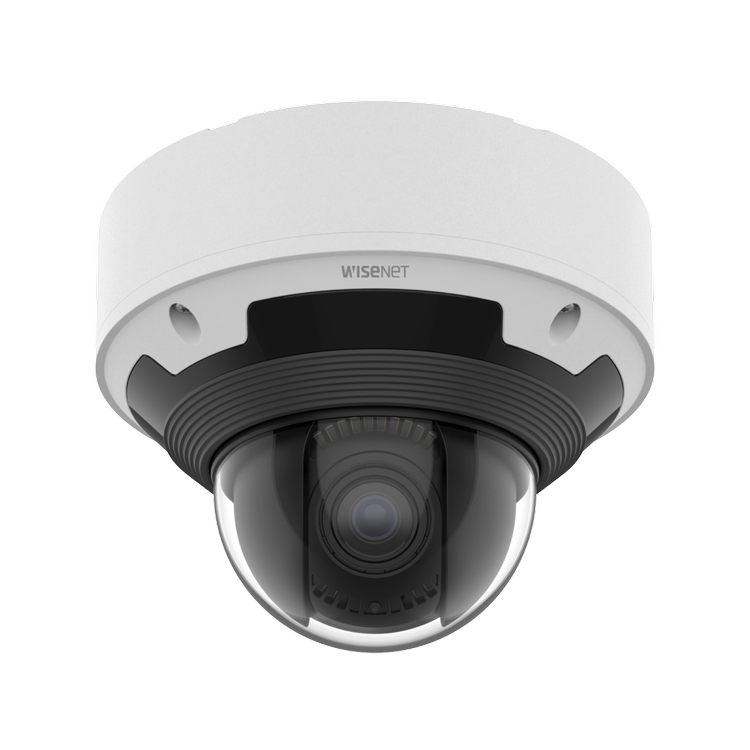A Complete Guide to Choosing the Right CCTV System in Dubai

CCTV cameras are now common in homes and businesses across Dubai. They help protect people, property, and valuable assets. From villas in Emirates Hills to offices in Business Bay, video surveillance is part of everyday life.
But there are strict rules that come with it. Dubai has laws that control how CCTV systems are used. These laws protect public safety and personal privacy.
If you plan to install a CCTV system, you must understand these legal guidelines. This blog will explain what every property owner needs to know.
Why CCTV Laws Exist in Dubai
The main goal is balance. Dubai supports the use of cameras for safety. But it also protects people’s rights to privacy.
Improper use of CCTV can lead to legal problems. To stay safe and compliant, you must follow the rules. These laws are in place to make surveillance fair and responsible.
Who Sets the Rules for CCTV in Dubai?
CCTV usage is monitored by two main authorities:
- SIRA (Security Industry Regulatory Agency) manages CCTV laws for businesses.
- Dubai Police handles complaints, violations, and enforcement.
If you’re setting up cameras in a shop, office, or warehouse, you must work with SIRA-approved systems.
CCTV Rules Property Owners Must Follow
1. Businesses Must Use Approved Systems
All commercial properties need to install SIRA-approved CCTV systems. You must hire licensed installers. These systems should meet specific technical standards.
Footage must be stored properly. Usually, it should be kept for at least 30 days. In some sectors, the time may be longer.
2. Do Not Violate Privacy
Dubai’s CCTV laws protect personal privacy. You are not allowed to install cameras:
- Inside bedrooms
- In bathrooms
- In live-in staff areas
- Facing neighbors’ homes or shared areas
Even if the system is for private use, you must follow these rules.
3. Use Proper Signage
If you run a business or manage a public space, you should place signs showing that CCTV is in use. This helps build trust. It also shows you’re being transparent and responsible.
4. Keep Footage Safe
CCTV footage must be stored securely. Only authorized people should have access. You should protect your recordings from tampering or data loss.
Using encrypted systems or cloud-based backups is highly recommended.
5. Maintain the System Regularly
A faulty camera is no help in an emergency. Make sure your system is always working. Check the cameras and storage devices often. Keep records of all maintenance work.
This ensures compliance and makes your security more reliable.
Read this Also: https://www.hituponviews.com/how-to-brand-your-commercial-display-without-overcrowding-it/
What Happens If You Don’t Follow the Rules?
Breaking CCTV laws can lead to serious trouble. Authorities may ask you to remove your system. In some cases, you may face legal action.
It can also affect your business reputation. Being compliant shows you are professional and trustworthy.
Best Practices for CCTV Installation in Dubai
To make sure your system follows the law, do the following:
- Work with a SIRA-approved installer
- Use only approved and tested cameras
- Install cameras in visible, legal areas
- Don’t record private or restricted spaces
- Store footage in a safe and private location
- Inform people that surveillance is active
- Perform system checks regularly
These steps protect both your property and your legal standing.
Why Legal Compliance Builds Long-Term Trust
Following Dubai’s CCTV laws isn’t just about avoiding legal issues. It also builds long-term trust with tenants, employees, customers, and neighbors. When people know that surveillance is handled responsibly, they feel safer and more respected. Transparent and ethical use of CCTV strengthens your reputation. It shows that you care about both security and privacy. In a city like Dubai, where community standards and professional conduct matter, this trust can be just as valuable as the technology itself.
Common Questions About CCTV Laws in Dubai
Can I use CCTV in my house?
Yes, but you must not place cameras in private areas like bedrooms or bathrooms.
Can I record outside my home?
Yes, but the camera must not point at neighbors or shared community spaces.
Should I tell people about the cameras?
Yes. If you have staff, tenants, or visitors, you should let them know they are being recorded.
Final Thoughts
Installing CCTV in Dubai is a smart choice. It keeps your home or business safer. But following the law is just as important.
Whether you’re a homeowner or business manager, always install your system the right way. Respect privacy. Use approved systems. Stay compliant.
When done correctly, CCTV helps create a safer and more secure environment for everyone.








